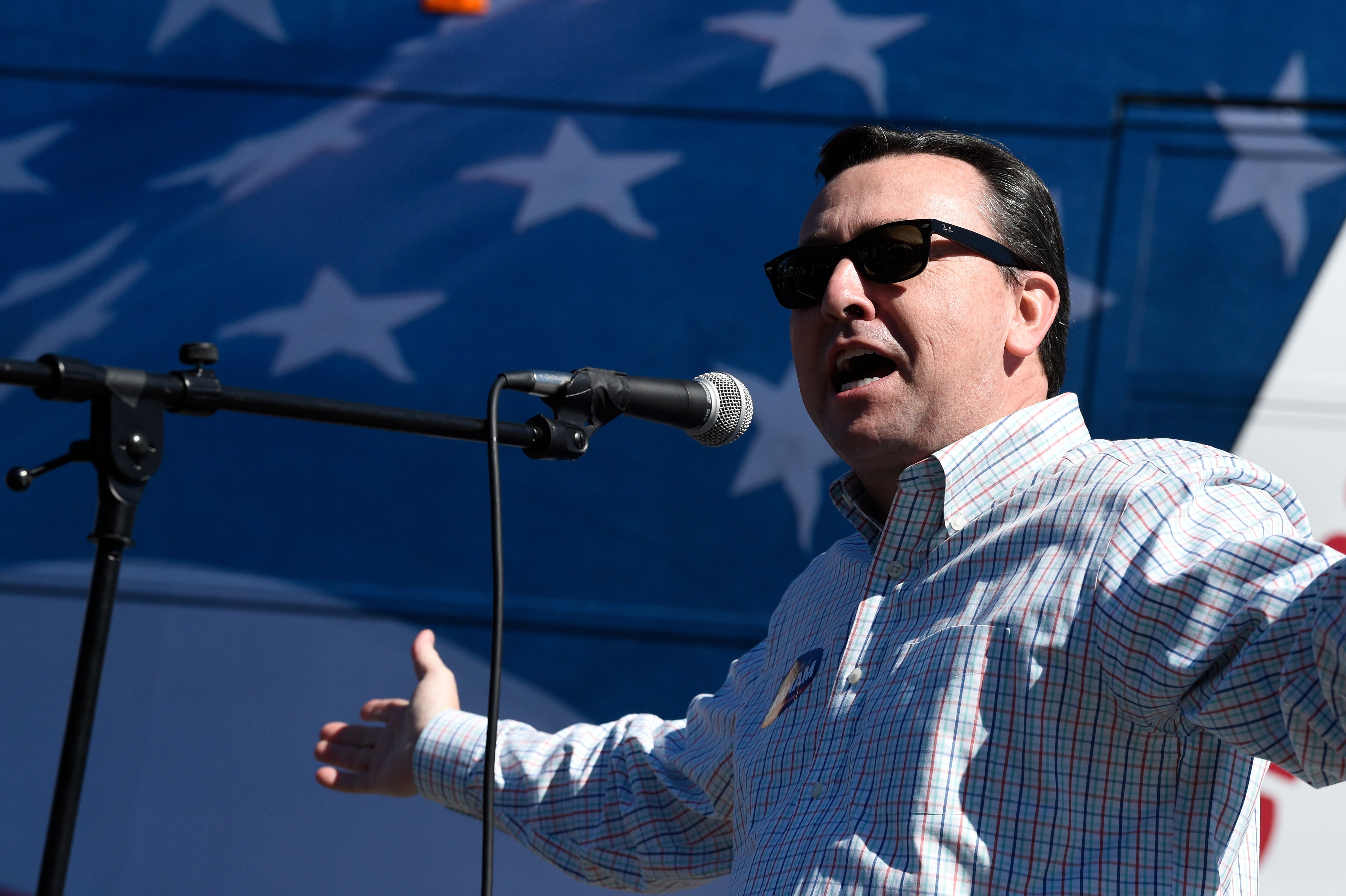No major changes forecast as RNC discusses 2024 calendar
The Republican National Committee is formulating its 2024 presidential nominating calendar and a key figure says he doesn’t anticipate any major changes to the order of early-state contests

Your support helps us to tell the story
From reproductive rights to climate change to Big Tech, The Independent is on the ground when the story is developing. Whether it's investigating the financials of Elon Musk's pro-Trump PAC or producing our latest documentary, 'The A Word', which shines a light on the American women fighting for reproductive rights, we know how important it is to parse out the facts from the messaging.
At such a critical moment in US history, we need reporters on the ground. Your donation allows us to keep sending journalists to speak to both sides of the story.
The Independent is trusted by Americans across the entire political spectrum. And unlike many other quality news outlets, we choose not to lock Americans out of our reporting and analysis with paywalls. We believe quality journalism should be available to everyone, paid for by those who can afford it.
Your support makes all the difference.As the Republican National Committee begins formulating its 2024 presidential nominating calendar, one of the key figures in that process said Monday he doesn't anticipate any major changes to the order of early-state contests.
“I have not run into an appetite among committee members to enforce any major changes,” Drew McKissick, chairman of South Carolina s Republican Party, told The Associated Press. “I think the process we had last cycle served us well. The timeline served us well.”
McKissick spoke with AP ahead of a trip to Washington where the 11 members of the Presidential Primary Process Committee are meeting this week to discuss the calendar for the next presidential cycle. Their recommendations go next to the RNC s Rules Committee.
The gathering comes after a 2020 primary process that saw some states opting not to hold GOP nominating contests, instead throwing their support behind the incumbent president — a move historically taken by both major parties when in control of the White House.
South Carolina, home to the first balloting in the South, held no primary last year. Despite that decision, McKissick said he felt confident the early-voting slot would be maintained by the state, where Republican primary voters have successfully picked a GOP nominee in all elections for more than 40 years, except 2008.
“In South Carolina, we say that we pick presidents, and I'm confident that will be the case again,” he said.
With members appointed by RNC Chairwoman Ronna McDaniel, the committee has at least one representative from each of the four early-voting states — Iowa, New Hampshire, South Carolina and Nevada. Iowa GOP Chairman Jeff Kaufmann heads up the group, something McKissick said telegraphs that state’s continued prominence in the process.
“The structure and the membership of the committee probably sends a little bit of a signal in terms of how this would probably play out,” McKissick said.
Democrats have been mulling an overhaul of their 2024 calendar, after a 2020 Iowa vote count that dragged out for days to open a nominating fight eventually won by Joe Biden. Because of the irregularities, the AP decided against declaring a winner. Nevada's governor has signed a law giving that state the first primary, although the Democratic National Committee isn’t expected to start writing rules for its nominating process until next year.
On Monday, McKissick said he saw no reason to muddle with the GOP's order, heading into 2024.
“We’re on the same page," said McKissick, noting that Republican leaders in all four early-voting states agreed several months ago to preserve the schedule. “It was the Democrats who screwed up their Iowa caucus last time, not Republicans.”
___
Meg Kinnard can be reached at http://twitter.com/MegKinnardAP.